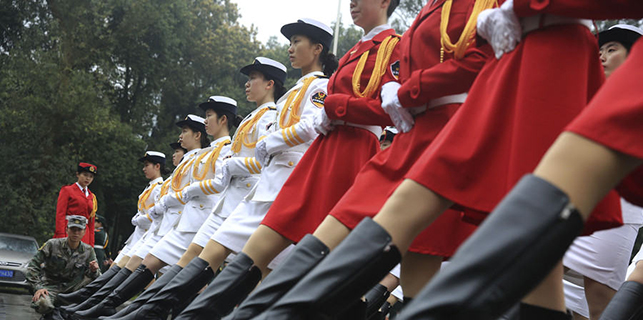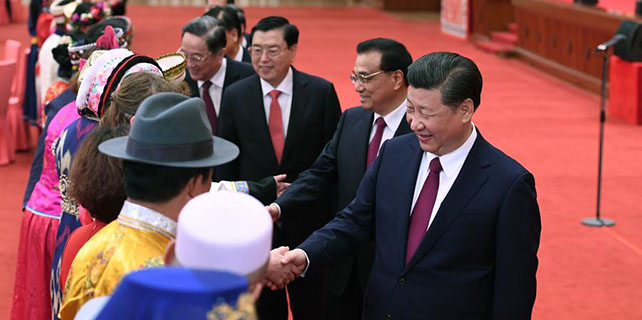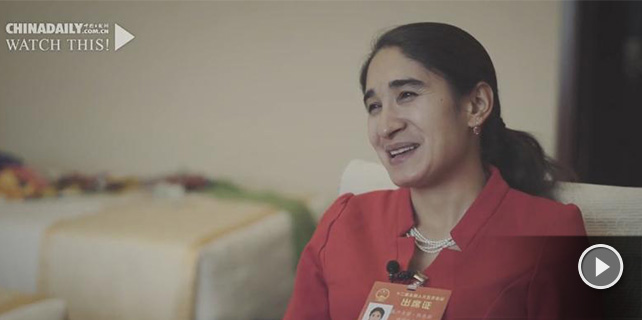China's participation in Chile meeting intended for free trade, not TPP
BEIJING - China's participation in a meeting among countries signed up for the Trans-Pacific Partnership (TPP) and South Korea shows its resolve to promote free trade, especially at a time of sluggish global economic recovery coupled with growing protectionism.
The meeting, scheduled for Tuesday and Wednesday in the coastal Chilean town of Vina del Mar, is the first such gathering after US President Donald Trump pulled Washington out of the 12-Pacific-rim-nation free trade deal in January.
China's decision to attend the meeting has stirred widespread speculation that Beijing is trying to take over what the United States has aborted and save the TPP from bankruptcy.
In fact, those who think that China attends the meeting to fill the geopolitical vacuum left over by the United States and to contend for spheres of influence have made a parochial misinterpretation of China's intention.
China always upholds the spirit of free trade that embraces openness, inclusiveness and mutual benefits. It happens that the TPP is short of these features.
Boosting free trade in the Asia-Pacific has never been part of the DNA of the TPP, which had become a self-serving trade deal in the rein of the Obama administration.
The moment when the Obama administration decided to exclude China, the world's second largest economy and a leading trading nation, from such a gigantic trade agreement has revealed that then US President Barack Obama cared little about boosting free trade through the TPP.
What was truly on Obama's mind was to monopolize the rights to dictate trade rules in the region for US supremacy, and to accommodate his signature re-balancing to Asia policy, a strategy designed to contain China.
In stark contrast, China has been making unremitting efforts to promote an inclusive regional trade arrangement and to contribute to regional integration.
For that end, Beijing has been a strong advocate for negotiations on the Regional Comprehensive Economic Partnership (RCEP), a 16-member trade deal in the region, as well as the Free Trade Area of the Asia-Pacific (FTAAP).
These all-inclusive trade pacts would reduce the fragmentation caused by many of the region's separate and non-inclusive free trade agreements, including the TPP.
The efforts by Beijing, as well as its attendance of the Chile meeting, have suggested that what China is interested in is just to work with other countries in the region and the wider world to paddle the slow global economic growth faster.
In that endeavor, the world will find China a trustworthy partner.









